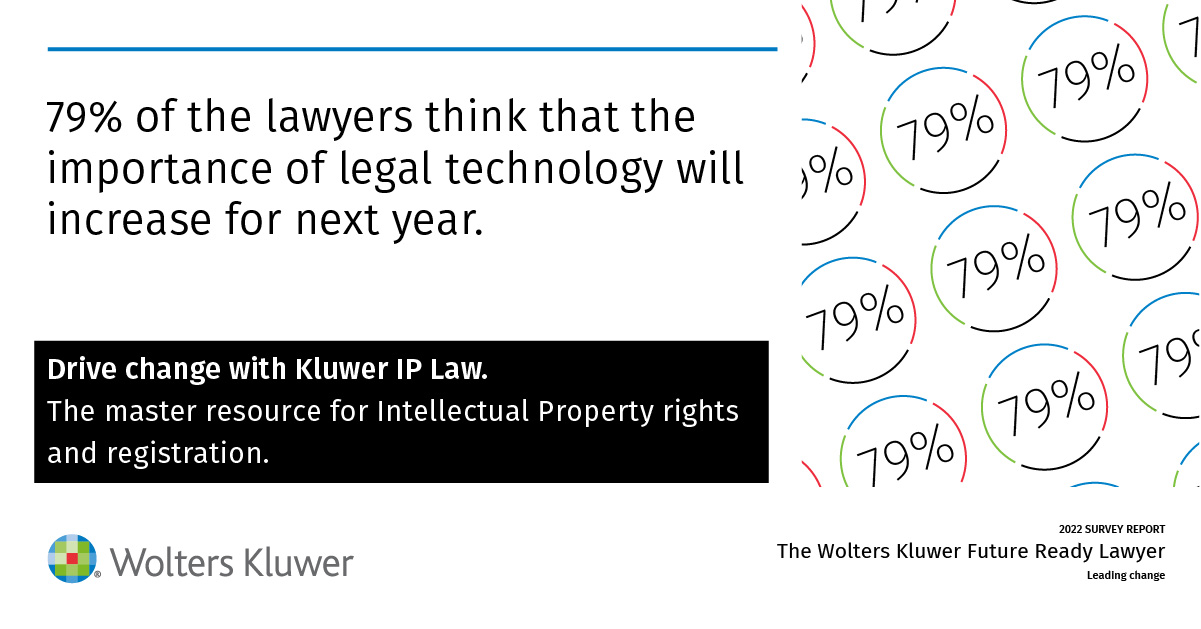My 20-year old son Victor has started reading Homer’s Iliad. When he is done, I will suggest him the reading of the whole HALLOUMI story, which is as epic as the ancient poems. Epics are the stories on geographical indications from this part of Europe. The Greeks fought fiercely (and successfully) to consolidate a GI registration over the FETA cheese, and now has come the turn of Cyprus and its Halloumi cheese.

The last episode of this story is the judgment delivered by the General Court on 21 February 2024 in Case T-361/21, Papouis Dairies Ltd (and others) v the European Commission. The Court rejects the action brought by a number of Cypriot dairies to annul the Commission’s Implementing Regulation (EU) 2021/591 of 12 April 2021 which entailed the registration of HALLOUMI as a PDO (protected denomination of origin).
The application to register HALLOUMI as a PDO was filed with the Cypriot authorities in 2012. Upon completion of the national phase, the application was notified to the Commission in 2014. At EU level, no less than 17 oppositions were lodged against the application, out of which 9 were substantiated. The mandatory consultations between the applicants and the opponents failed and the Commission eventually adopted the contested regulation. Shortly after, a judgment issued by a Cypriot court annulled certain acts which had been adopted in the framework of the adoption of HALLOUMI as a protected GI.
While the legal issues raised before the Court were numerous and of a highly technical nature, the dispute surrounding the registration of HALLOUMI as a PDO is quite simple: it is a matter of determining the proportion of the raw materials. In accordance with the product specification approved by the Commission, Halloumi is produced predominantly with sheep or goat milk, or a mixture thereof, with or without cow’s milk. The predominance of sheep or goat milk is the key element of the dispute which arose between the Cypriot producers themselves: originally in Cyprus there was no maximum rate of 50% of cow’s milk.
The main claim raised against the Commission was that it failed to conduct a proper examination of the GI applied for. It is necessary to recall that the registration process of GIs at EU level implies shared competencies between the Member States where the GIs originate and the Commission. As a general rule, the Member States retain a predominant role as they are deemed to have a deeper knowledge of the particulars of the applications. The role of the Commission, in its subsequent review, is basically limited to identifying manifest errors.
In practice, this dual system is not satisfactory as it prevents to a large extent the harmonization of practices within the Union and leaves room for potential abuse (we may refer here to the recent attempt by the French authorities to register “Iles de Beauté” for cold meats, and to the Spanish project of registering “Jamón Serrano” for cured ham).
In the HALLOUMI case, all the errors identified by the applicants were disregarded by the Court as being not manifest. The Court also ruled that the Commission could not interfere with the choice made by the Cypriot authorities to select a method of production which possibly was not followed by a majority of local producers. Actually, this is not prevented by the law.
The dual system also raises difficulties of consistency and interdependency: was the Commission supposed to suspend the case, waiting the outcome of the court action which was pending in Cyprus? No, replied the General Court. While the Commission will have to consider the potential impact of the national judgment on the validity of the GI, this has nothing to do with the legality of the disputed Regulation.
Finally, among other claims rejected by the Court is that of the excessive length of the registration procedure before the Commission: 7 years. In this respect, the Court simply notes that the delay in registering the PDO had no bearing on the outcome of the procedure and did not infringe the principle of sound administration.
_____________________________
To make sure you do not miss out on regular updates from the Kluwer Trademark Blog, please subscribe here.
Kluwer IP Law
The 2022 Future Ready Lawyer survey showed that 79% of lawyers think that the importance of legal technology will increase for next year. With Kluwer IP Law you can navigate the increasingly global practice of IP law with specialized, local and cross-border information and tools from every preferred location. Are you, as an IP professional, ready for the future?
- SEO Powered Content & PR Distribution. Get Amplified Today.
- PlatoData.Network Vertical Generative Ai. Empower Yourself. Access Here.
- PlatoAiStream. Web3 Intelligence. Knowledge Amplified. Access Here.
- PlatoESG. Carbon, CleanTech, Energy, Environment, Solar, Waste Management. Access Here.
- PlatoHealth. Biotech and Clinical Trials Intelligence. Access Here.
- Source: https://trademarkblog.kluweriplaw.com/2024/03/27/registration-of-the-protected-designation-of-origin-halloumi-in-the-eu-the-general-court-comes-to-the-rescue-of-the-european-commission-and-of-the-republic-of-cyprus/





